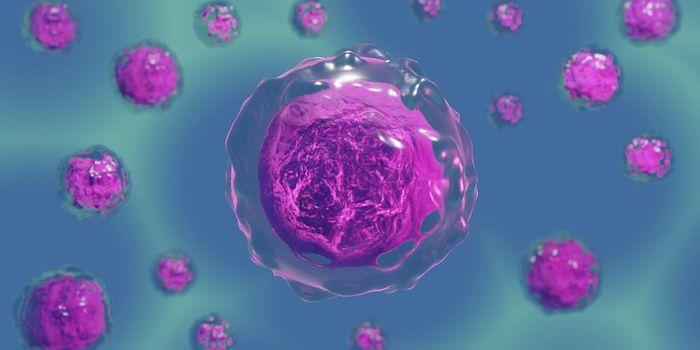Optimizing the Recovery Room Could Help Reduce the Recurrence of Bladder Cancer
It is estimated that nearly 84,000 people will be diagnosed with bladder cancer in the United States this year, and almost 17,000 people will succumb to the disease. While bladder cancer occurs in both males and females, it is about three times more commonly diagnosed in males. One class of bladder cancer, non-muscle-invasive bladder cancer (NMIBC), develops in the tissue that lines the bladder without involving any muscle.
Following a surgical intervention to remove the tumor, nearly 80% of NMIBC patients experience disease recurrence. Because of the high recurrence rates, a significant amount of bladder cancer research focuses on extending long-lasting responses.
Medical guidelines call for that immediate delivery of chemotherapy following surgery, and a single instillation of chemotherapy significantly reduces recurrence rates for low- and medium-risk NMIBC patients. However, physicians administer postoperative chemotherapy inconsistently, and it is unclear why there is so much divergence from the recommended guidelines.
A study recently published in the Journal of Urology surveyed 58 urologists from the Michigan Urological Surgery Improvement Collaborative, a group focused on improving the value of urologic care. The goal of the study was to access clinical and environmental barriers that prevent urologists from offering immediate postoperative chemotherapy infusion to NIMBC patients.
The survey revealed that environmental factors presented the most significant barrier to administering postoperative chemotherapy. Specifically, not have a standard operating procedure in place to distribute and dispose of chemotherapy in the surgical recovery room. These findings dictate that non-clinical factors play a crucial role in doctors' treatment decisions. The results present an urgent need to evaluate the setup of the operating and recovery rooms and refine the procedures put in place for doctors to order, administer, and dispose of chemotherapy quickly after surgery.
In summary, the study identifies specific aspects of patient care that hospitals could alter to accommodate more regular administration of chemotherapy to NIMBC patients following surgery. This study could inform new standard operating procedures to ensure the immediate delivery of chemotherapy, a practice that could significantly reduce bladder cancer recurrence.
Sources: CA, Br J Urology, Eur Urology, J Urology, J Urology









